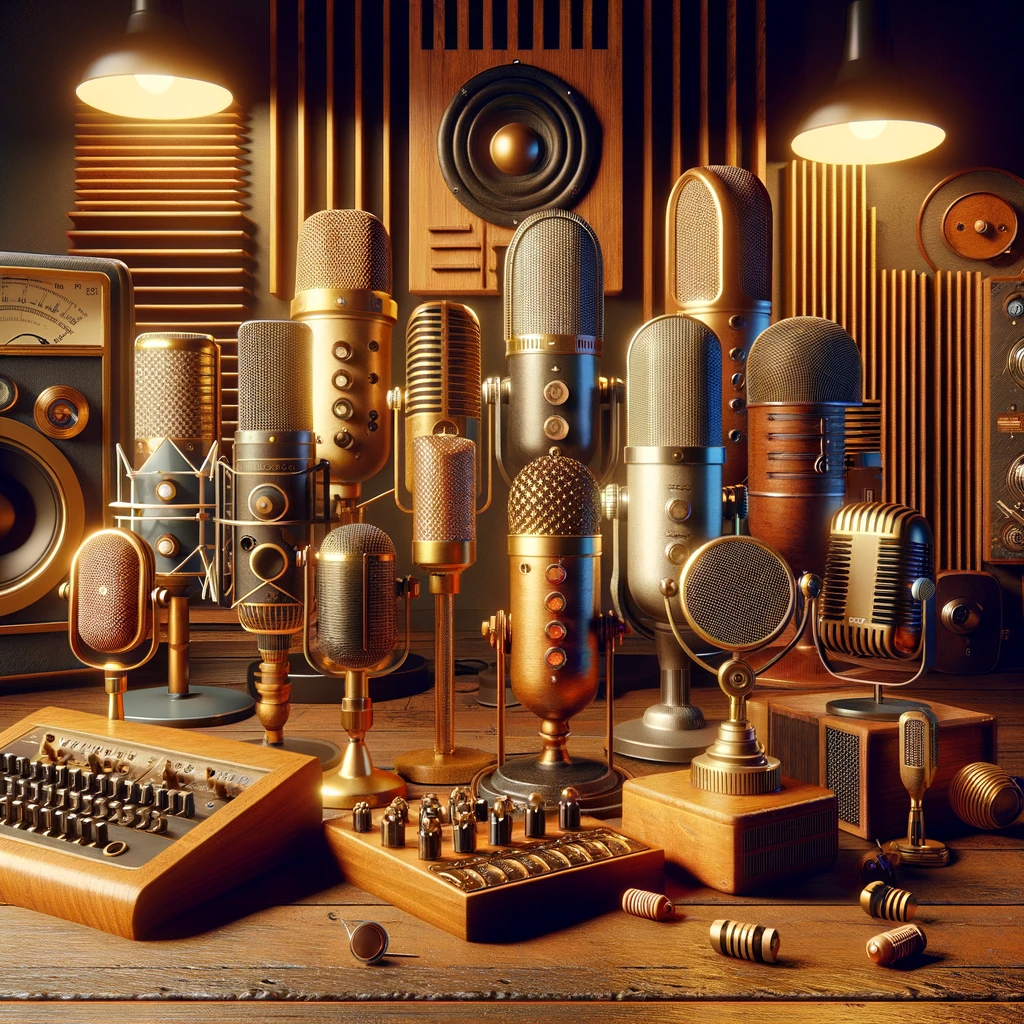The Art of Microphone Matching: Why the Right Mic Matters for Your Voice
In the world of audio recording, the choice of microphone is as crucial as the artist’s voice itself. This article delves into why selecting the appropriate microphone for a specific voice is not just a technicality, but an art form that can significantly impact the quality and character of the recorded audio.
Understanding Voice Characteristics:
Every voice is unique, with its own set of frequencies, harmonics, and dynamics. Some voices are deep and resonant, others are light and airy. The microphone’s job is to capture these nuances faithfully. A mismatch between the microphone and the voice can result in a recording that fails to do justice to the artist’s natural tone.
Types of Microphones:
There are several types of microphones, each with its own strengths:
1. Dynamic Microphones: Known for their durability and ability to handle high sound pressure levels, they are often preferred for loud, robust voices.
2. Condenser Microphones: Famous for their sensitivity and wider frequency response, these are ideal for capturing the subtle details of softer, nuanced vocals.
3. Ribbon Microphones: Valued for their warm, natural sound, ribbon mics are great for voices that require a vintage, classic tone.
Matching Mic to Voice:
The key to selecting the right microphone involves understanding the voice’s tonal quality and the desired recording outcome. For instance, a dynamic microphone might be great for a rock singer, whereas a jazz vocalist might benefit more from the detailed capture of a condenser mic.
Technical Considerations:
Apart from the type of microphone, other factors like polar patterns (directionality), sensitivity, and SPL (Sound Pressure Level) handling also play a role. For example, a cardioid microphone that focuses on sound from the front and minimises background noise might be ideal for studio recordings.
Experimentation is Key:
There’s no one-size-fits-all in microphone selection. The best approach is to experiment with different types of microphones to find the one that complements a particular voice. This might involve testing in various settings and with different mic positions to find the perfect match.
Impact on Recording Quality:
The right microphone can elevate a recording from good to great. It captures the voice with clarity, richness, and depth, ensuring that the final output is a true representation of the artist’s vocal capabilities.
Choosing the correct microphone for a particular voice is a critical decision in the recording process. It requires a combination of technical knowledge and artistic sensibility. By investing time in selecting the right microphone, artists and sound engineers can significantly enhance the quality of their recordings, ensuring that the voice is captured in its most authentic and powerful form.
Take a moment to look through our microphone collection and you’ll soon understand why we’ve invested so heavily in good microphones! See our full gear list here.
